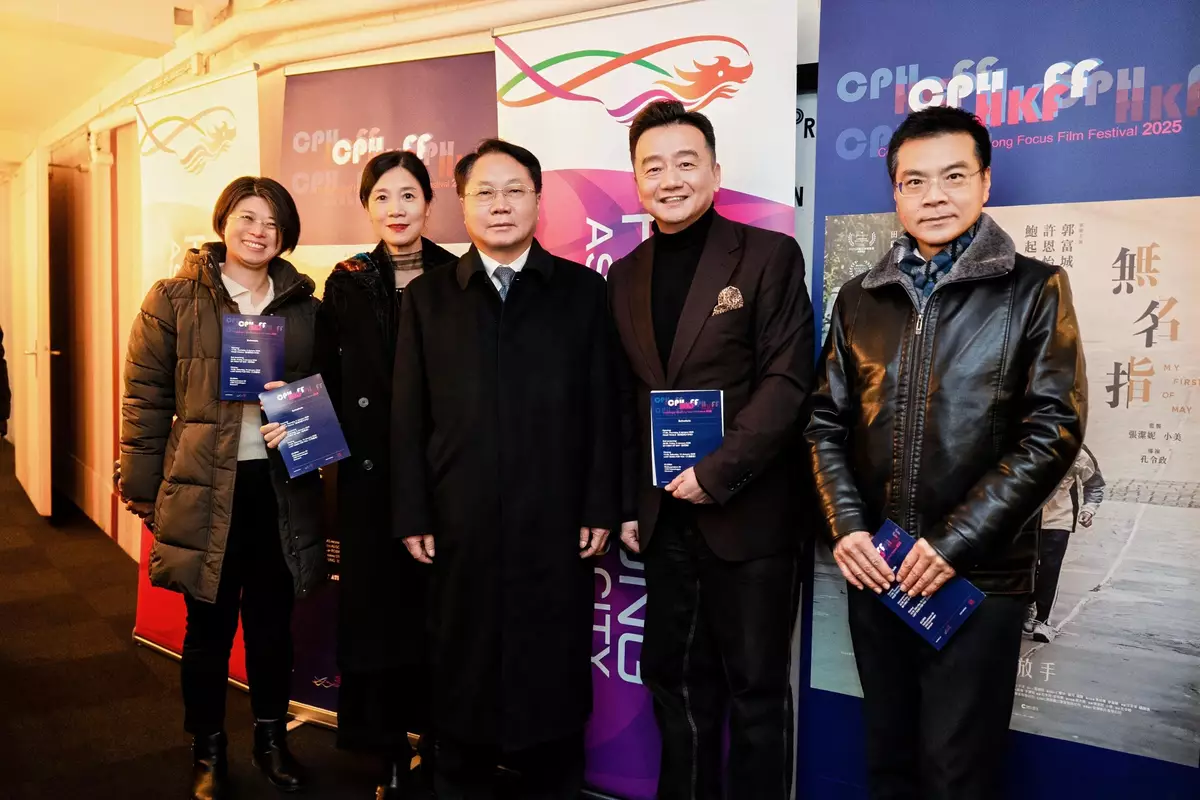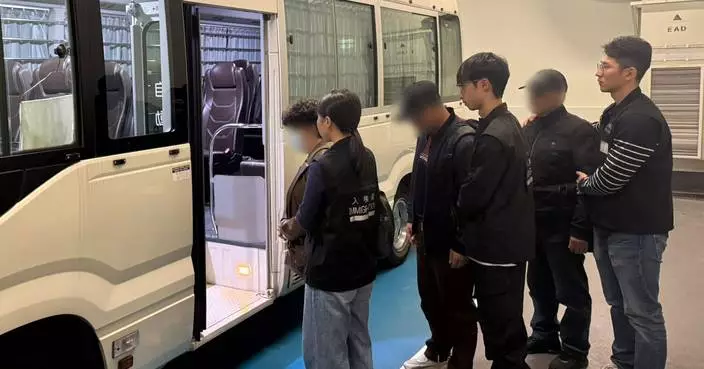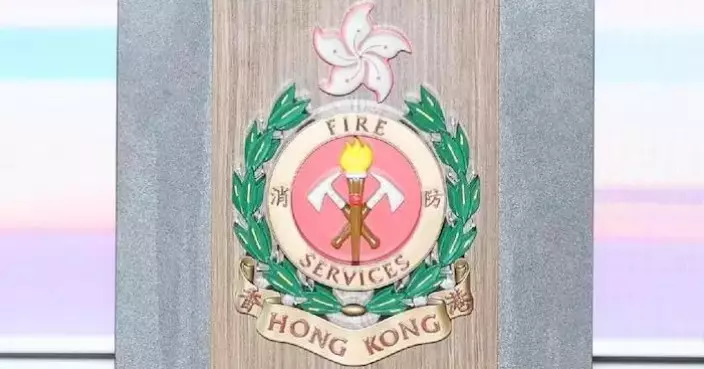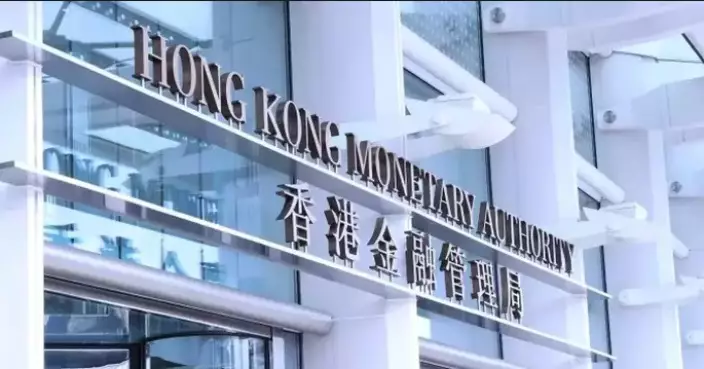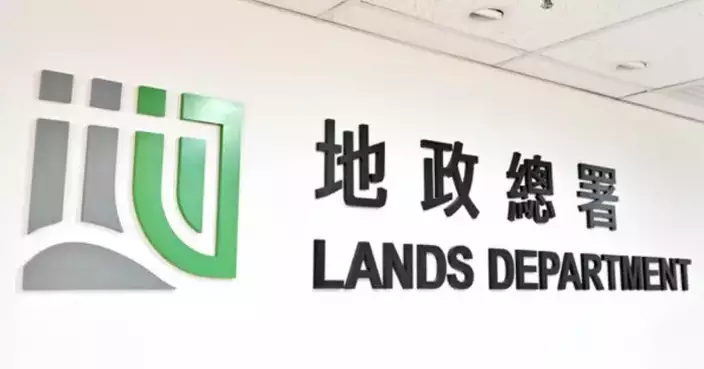TCU's fourth quarterly report of 2024 released
The following is issued on behalf of the Transport Advisory Committee:
The Transport Complaints Unit (TCU) of the Transport Advisory Committee received 12 898 complaints and suggestions in the fourth quarter of 2024, with 142 being pure suggestions.
The complaints and suggestions received during the quarter were mostly related to public transport services (88 per cent), traffic conditions (7 per cent) and enforcement matters (5 per cent).
The number of cases on public transport services decreased from 13 160 in the previous quarter to 11 316 this quarter, while that on traffic conditions increased from 629 to 900. The number of complaints and suggestions on illegal parking and other enforcement matters decreased from 643 to 605 and that on road maintenance decreased from 40 to 30.
All the complaints and suggestions received by the TCU in the quarter were referred to the relevant government departments and public transport operators for follow-up action.
During the period under review, investigations into 10 017 cases were completed. Of these, 8 980 cases (90 per cent) were found to be substantiated,three cases (less than 1 per cent) were unsubstantiated, and the remaining 1 034 cases (10 per cent) could not be pursued due to a lack of evidence.
For the substantiated cases, the relevant government departments and public transport operators have either taken steps to rectify the situation or are considering possible solutions to the problems identified. Among these cases, 14 drivers were summonsed by the Police.
During the quarter, the relevant government departments and public transport operators took on board 12 suggestions made by the public to enhance public transport services and improve traffic conditions. A summary of the cases is in the Appendix.
Members of the public may make their suggestions or complaints to the TCU by dialling the hotline 2889 9999 (voice mail service is available outside office hours), by fax to 2577 1858, by email to info@tcu.gov.hk or by filling in a form on the TCU website (www.tcu.gov.hk).




